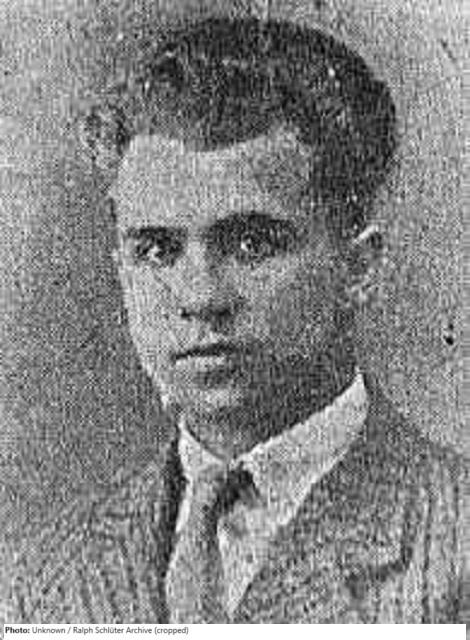
| Roles | Competed in Olympic Games |
|---|---|
| Sex | Male |
| Full name | Franciszek•Masiak |
| Used name | Franciszek•Masiak |
| Born | 3 October 1906 in Powsinie, Warszawa, Mazowieckie (POL) |
| Died | 5 April 1983 (aged 76 years 6 months 2 days) in Warszawa (Warsaw), Mazowieckie (POL) |
| NOC |  Poland Poland |
Polish sculptor Franciszek Masiak received an Honorable Mention at the 1936 Berlin Olympics in the sculpture category of the Art Competitions for his work Pływak (Swimmer). It is an approximately 1 m tall sculpture made of patinated plaster. Łyżwiarka (Skater) is slightly larger and is made of copper. In 1932, still a student, Masiak participated by entering a silver cup, probably with a motif of archery.
From 1929, Masiak studied at the Academy of Fine Arts in Warszawa, where he became an assistant from 1947-50 in the Monumental Sculpture Studio. He produced reliefs in plaster, clay, stone, wood and bronze. Some of his works of the interwar period, and those that occurred during World War II, were destroyed. He often sculpted depictions of patriotic themes and martyrdom, as can be seen in some of his monuments, such as the Monument to the Victims of Auschwitz, the Monument for the Heroes of Warszawa, the Monument for Struggle and Martyrdom in Bydgoszcz, or the Monument for the Fallen Heroes of the 7th Regiment Infantry. Initially working in the style of socialist realism, he began experimenting with new materials in the 1950s.
| Games | Discipline (Sport) / Event | NOC / Team | Pos | Medal | As | |
|---|---|---|---|---|---|---|
| 1932 Summer Olympics | Art Competitions |  POL POL |
Franciszek Masiak | |||
| Sculpturing, Statues, Open (Olympic) | ||||||
| 1936 Summer Olympics | Art Competitions |  POL POL |
Franciszek Masiak | |||
| Sculpturing, Statues, Open (Olympic) | ||||||
| Sculpturing, Statues, Open (Olympic) |